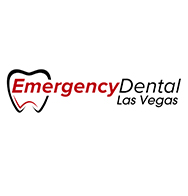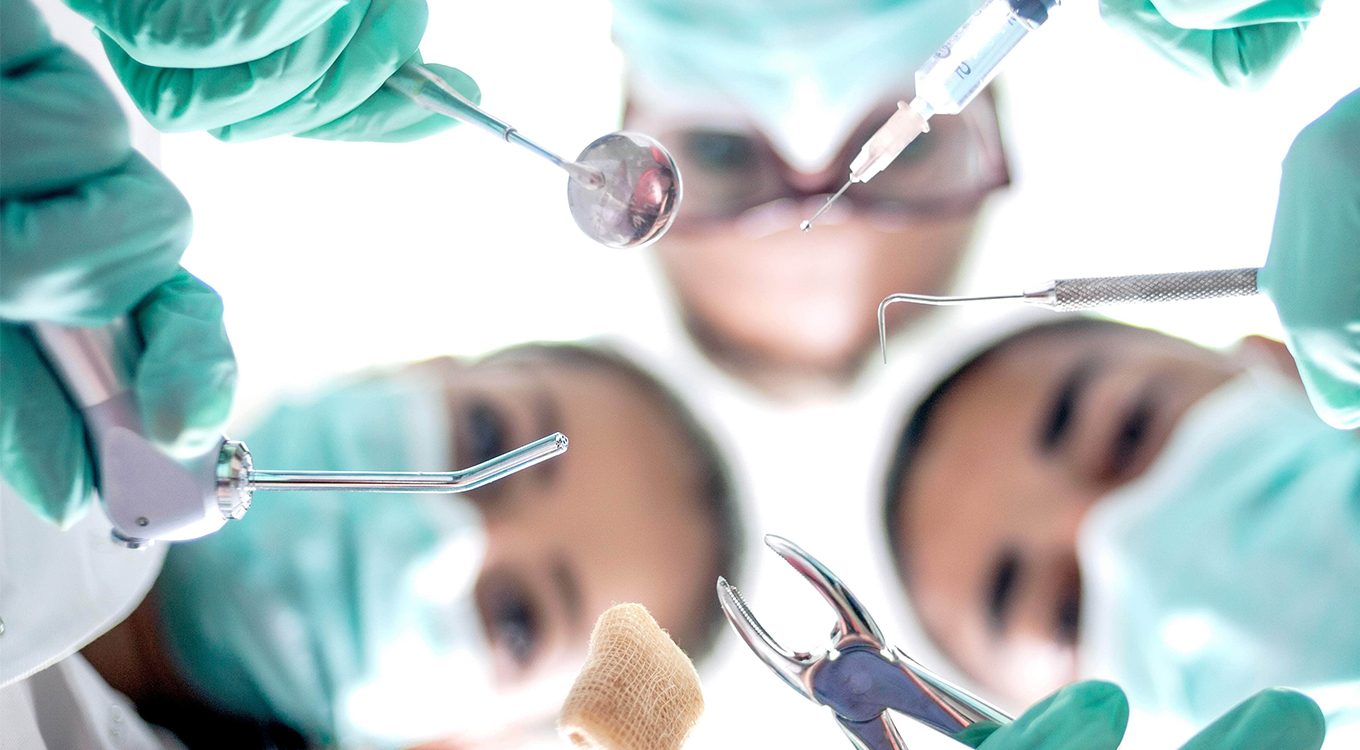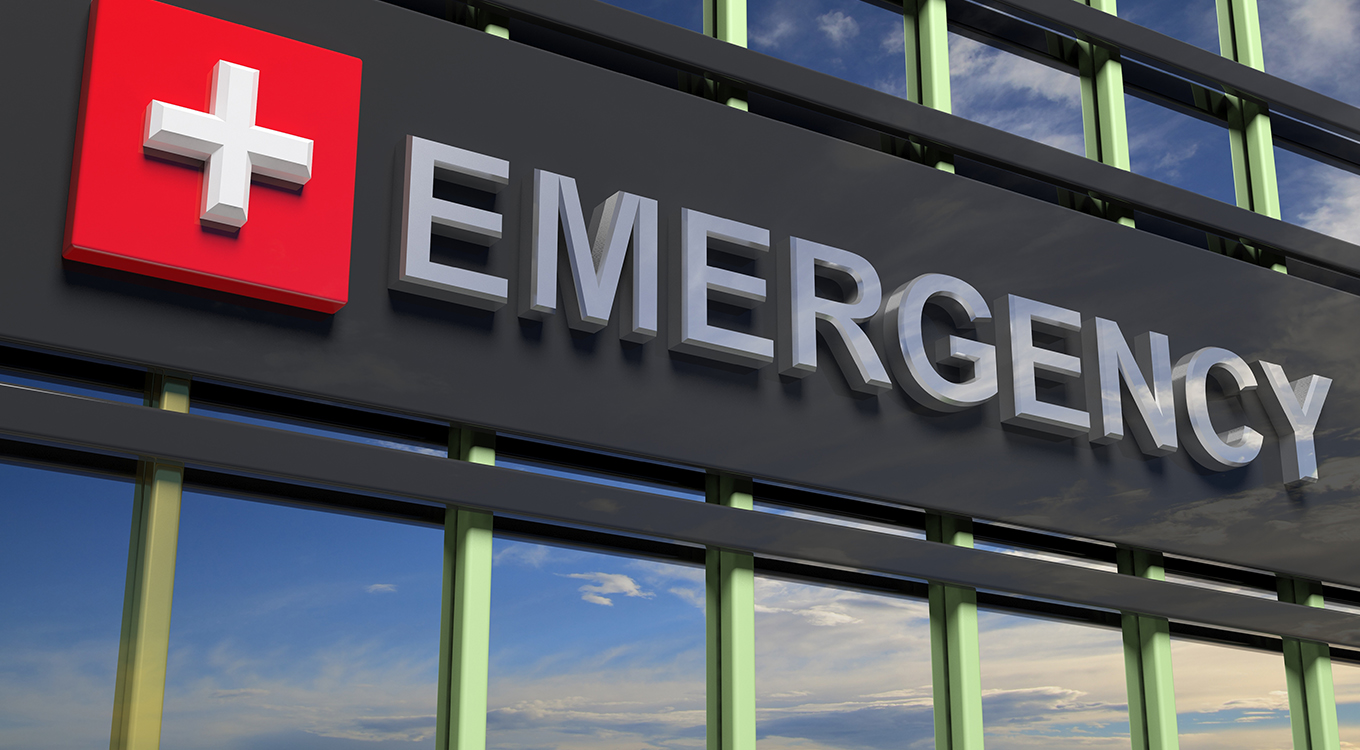
24/7 Patient care team available by phone. Call to schedule an emergency appointment within 24 hours.
Cash, Credit/Debit Card, Cashiers checks
Delta Dental, MetLife, United HealthCare, Ameritas, Aetna, Cigna, Guardian, Principal, United Concordia, Humana
emergency root canal, emergency tooth extraction, emergency dentist open on Saturday & Sunday, urgent dental care, emergency dental extraction, same-day tooth extractions, tooth pulled immediately, emergency dental services, dentist open on weekends
24/7 Patient care team available by phone. Call to schedule an emergency appointment within 24 hours.
Cash, Credit/Debit Card, Cashiers checks
Delta Dental, MetLife, United HealthCare, Ameritas, Aetna, Cigna, Guardian, Principal, United Concordia, Humana
Dr. Duffie currently works at Emergency Dental of Vegas providing emergency dental services to patients of that community.
Neil, Olivia and Alex were great. They took their time out of Thanksgiving to help me out. I am very grateful they where open to pull my tooth and relieve my pain.
The staff and Dr. Trobough were fantastic, I had an emergency situation with a major toothache and they got me in right away and extracted the sore tooth. Thank you for saving the day!
Smooth and efficient and feeling much better than just few days ago. Definitely recommend if you’re in need of emergency.
It can be tempting to put off handling a dental problem, especially when it happens on the weekend. Toothaches, bleeding, and swelling frequently occur due to infections, accidents, injuries, or after having dental work performed. However, when symptoms are severe or do not improve with some home treatment, you may need emergency dental care. Emergency Dental of Las Vegas provides emergency dental services round the clock, including weekends.
When you are dealing with pain and other uncomfortable symptoms, it can be difficult to decide whether your situation can wait for regular business hours. The American Dental Association provides guidance about what constitutes a dental emergency and what symptoms, while uncomfortable, may be able to wait for treatment.
If you experience the following symptoms, you may need emergency dental care:

The following issues are less likely to require emergency dental care:
If you are not sure whether your symptoms are severe enough to require emergency treatment, contact our 24-hour emergency patient care team.
Injuries to the mouth or teeth are a common reason to seek weekend emergency dental care. Causes of injuries include accidents like falls, bicycle or motor vehicle crashes, workplace accidents, and recreational or athletic injuries, especially when suitable safety equipment like helmets and mouthguards are not used. Other causes of dental emergencies can include:
Even minor dental issues are an inconvenience at the best of times, and when they impair daily function and occur on a Saturday or Sunday, it can be downright stressful. Symptoms like pain, swelling, bleeding, cuts, and broken teeth can often make it difficult to talk, eat, and participate in other daily activities. So, it is essential to stay calm and evaluate the issue so you can decide on what actions are appropriate.
At Emergency Dental of Las Vegas, we treat emergency dental problems every day. Some of the most common dental problems include:

If your symptoms are not life-threatening, you can try treating yourself at home. For pain, take over-the-counter medicine like Advil or Tylenol. Always follow the instructions on the label. If you are bleeding, press sterile gauze against the area with a firm but gentle pressure. Bleeding normally resolves within 15-30 minutes. Swelling and the discomfort it causes may improve from a warm salt water rinse or cold compress, whichever feels better.
You can continue to gently brush your teeth and floss as long as you avoid contact with the affected area. However, there are some things you should avoid, including:
You can often schedule a same-day appointment for assessment by a weekend dentist, and in many cases, you can also receive treatment at the same time. Depending on the necessary treatment, some cases may need a second appointment. For example, if there is an abscessed tooth that needs a filling, you may need to take antibiotics before it is safe to fill the cavity.
Once you arrive at Emergency Dental of Las Vegas, the process is a lot like a visit to your regular dentist's office. Our experienced staff can get you checked in and assess the cause of your problems. Our office has access to the same tools and medicine used for most dental procedures, and you may receive an x-ray or other imaging. Then, the dentist creates a treatment plan, which may include one or more of the following procedures.
At Emergency Dental of Las Vegas, we know that unplanned expenses can be stressful, and we offer many options to make sure you can get the emergency dental care you need. We accept most insurance plans, as well as multiple payment options such as cash, debit card, credit card, Care Credit, and others.
In addition, the Emergency Discount Dental Care Plan provides a 20%-60% discount on emergency dental services and can be used right away when you sign up. Financing is also available through EDS-Finance. No minimum credit score is required to apply, and it covers up to $50,000 in emergency dental care.
Finding a dentist open on Saturday and Sunday is simple. The emergency patient support team at Emergency Dental of Las Vegas is available 24/7 to help you schedule an appointment with a dentist who is open on weekends, verify insurance, and help with discounts and financing options. To get started, call 1-844-885-1538 to speak with a representative or search our emergency dental care provider network.
Office Name
Emergency Dental of Las Vegas
Dentist Name
Dr. Kenneth Duffie
Office Address
5890 S Durango Dr, ste 105
Las Vegas, NV 89113
Languages Spoken
English
Emergency Weekend Dentist
Emergency Weekend Dentist
Emergency Weekend Dentist
Emergency Weekend Dentist
Emergency Weekend Dentist
Emergency Weekend Dentist
Emergency Weekend Dentist
Emergency Weekend Dentist
Emergency Weekend Dentist
Emergency Weekend Dentist